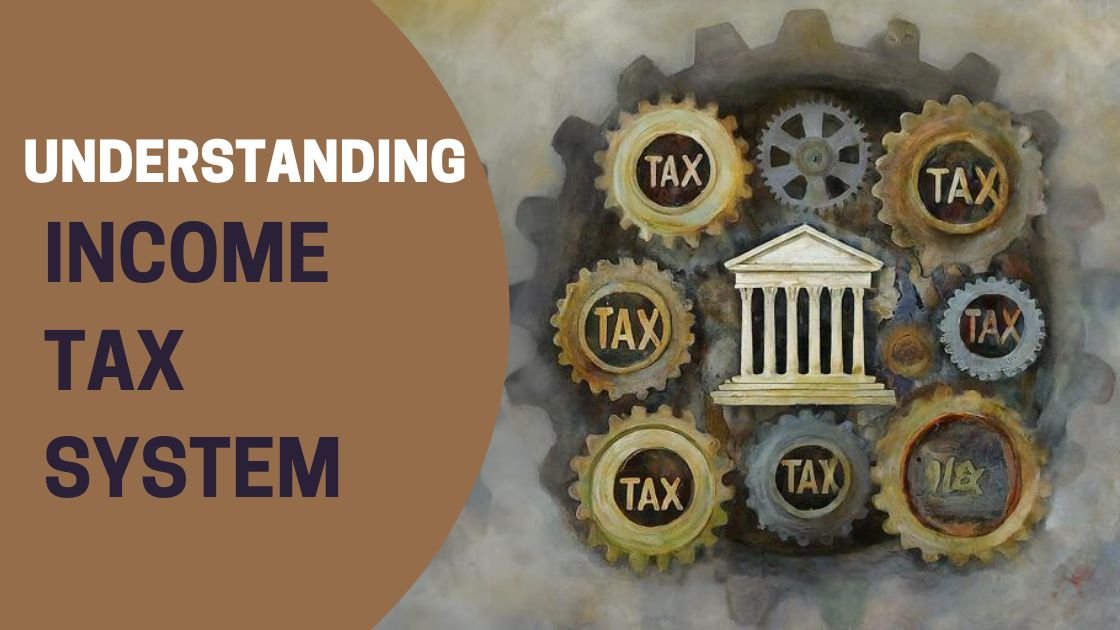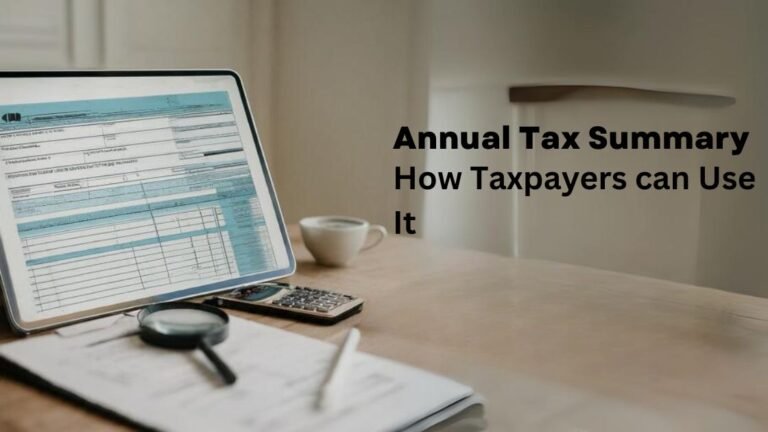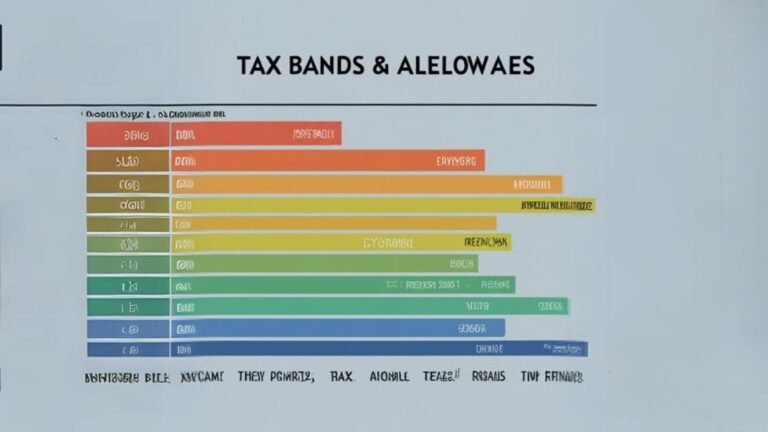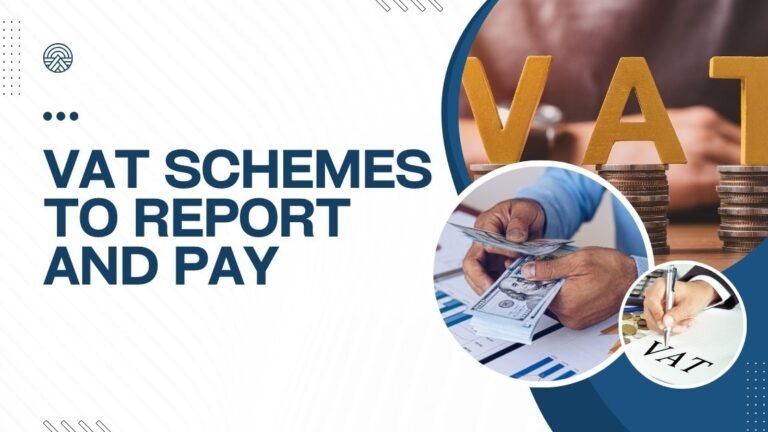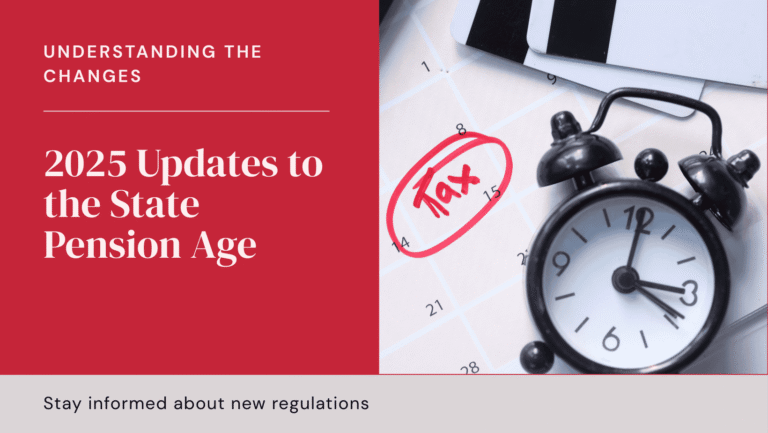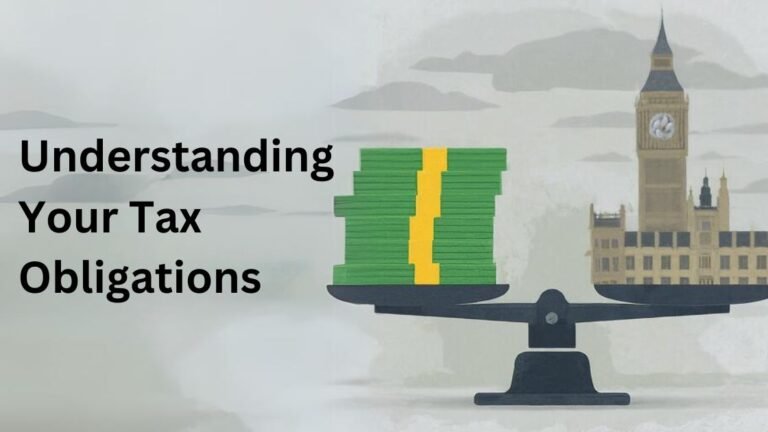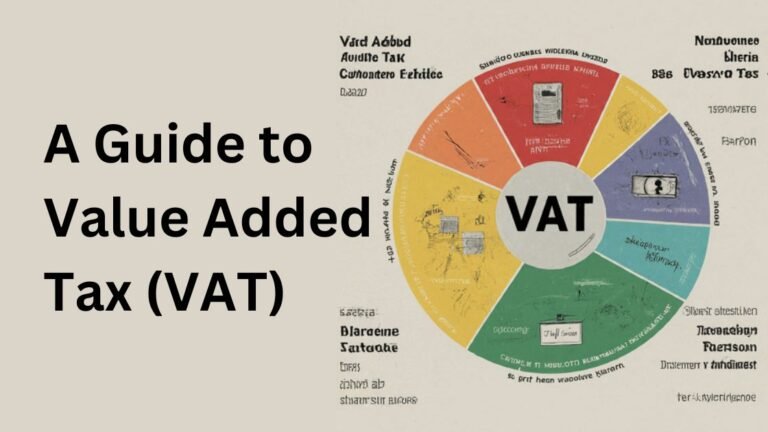Understanding Income Tax System
Taxes on individuals and businesses are levied based on their income. They are collected by the HMRC and used to fund public services and government expenditure. To assess the income tax liability, one must understand the income tax-filing obligations and sources of income of the broad categories of income taxpayers, including individuals, small businesses, large businesses, investors, pensioners, and non-residents.
The UK tax system has different tax bands for each taxpayer category. The below figure depicts the taxpayer categories.
Understanding the type of tax, you need to file is the first step in navigating the UK tax system. Identifying the specific tax type relevant to your circumstances lays the foundation for fulfilling your tax obligations accurately and efficiently.
Tax-Payer and Tax-Type
Before proceeding with any tax-related activities, take the time to determine the appropriate tax type applicable to your situation (click link to article 1) and, complete the required forms, and comply with HM Revenue & Customs (HMRC) regulations.
A detailed description of each tax type applicable under each tax-payer category is provided in this section.
Tax-Payer: Individual
Employees, Self-employed Individuals, Landlords, Company Directors, Investors, Pensioners, High-Earners, and Non-Residents file tax as individuals. The different tax types that they might need to file are:
- Income Tax: Individuals typically need to file income tax returns and pay taxes on their earnings from employment, self-employment, rental income, investments, pensions, and other sources of income.
- Capital Gains Tax: Individuals may need to report and pay tax on any capital gains made from selling or disposing of assets such as property, investments, and personal possessions.
- Inheritance Tax: Individuals may need to plan for and pay inheritance tax on the value of their estate upon their death, depending on the value of their assets and any exemptions or reliefs available.
- Council Tax: Individuals who own or occupy residential properties may need to pay council tax to local authorities based on the value of their property.
- Value Added Tax (VAT): Individuals who are VAT-registered businesses may need to charge VAT on goods and services provided and submit VAT returns to HMRC.
Tax-Payer: Small Scale Businesses
Self-employed Individuals, Sole Traders, Freelancers, and Small Business Owners file tax as small-scale businesses. The different tax types that they might need to file are:
- Income Tax: Sole traders, freelancers, and small business owners typically need to file income tax returns and pay taxes on their business profits.
- National Insurance Contributions (NICs): Self-employed individuals may need to pay Class 2 and Class 4 NICs on their self-employed earnings.
- Value Added Tax (VAT): Small businesses with taxable turnover above the VAT threshold may need to register for VAT, charge VAT on goods and services provided, and submit VAT returns to HMRC.
- Corporation Tax: Small businesses operating as limited companies may need to file corporation tax returns and pay taxes on their profits.
Tax-Payer: Large Scale Businesses
Company Directors, Corporations, Limited Companies, Partnerships (depending on size and structure), Organizations with significant turnovers and complex financial structures file tax as large-scale businesses. The different tax types that they might need to file are:
- Corporation Tax: Large corporations and companies need to file corporation tax returns and pay taxes on their profits.
- Value Added Tax (VAT): Large businesses may need to register for VAT, charge VAT on goods and services provided, and submit VAT returns to HMRC.
- Employment Taxes: Large businesses with employees need to deduct and pay taxes such as Pay As You Earn (PAYE) income tax and National Insurance Contributions (NICs) on their employees’ earnings.
- Business Rates: Large businesses with commercial properties may need to pay business rates to local authorities based on the rateable value of their properties.
Tax-Payer: Investors
Individuals or entities earning income from investments such as dividends, interest, or capital gains file tax as investors. The different tax types that they might need to file are:
- Income Tax: Investors may need to report and pay taxes on their investment income, including dividends, interest, and rental income.
- Capital Gains Tax: Investors may need to report and pay tax on any capital gains made from selling or disposing of investments.
Tax-Payer: Pensioners
Retired individuals receiving income from pensions, annuities, or retirement benefits file tax as pensioners. The different tax types that they might need to file are:
- Income Tax: Pensioners may need to report and pay taxes on their pension income, annuities, and other retirement benefits.
Tax-Payer: Non-Residents
Individuals or entities not residing in the UK but earning income from UK sources file tax as non-residents. The different tax types that they might need to file are:
- Income Tax: Non-residents earning income from UK sources may need to report and pay taxes on their UK income, including rental income, employment income, and capital gains.
- Non-Resident Landlord Scheme: Non-resident landlords renting out UK property may need to register for the Non-Resident Landlord Scheme and have tax deducted at source from their rental income.
Navigating the complexities of income tax can be challenging, especially for businesses and individuals with complex financial arrangements. It is advisable to seek professional advice from qualified accountants or tax advisors to ensure compliance with tax laws and regulations and to optimize tax planning strategies.
Click here to understand the income tax bands, allowances, rates, and how to calculate income tax liability for individuals and businesses.

